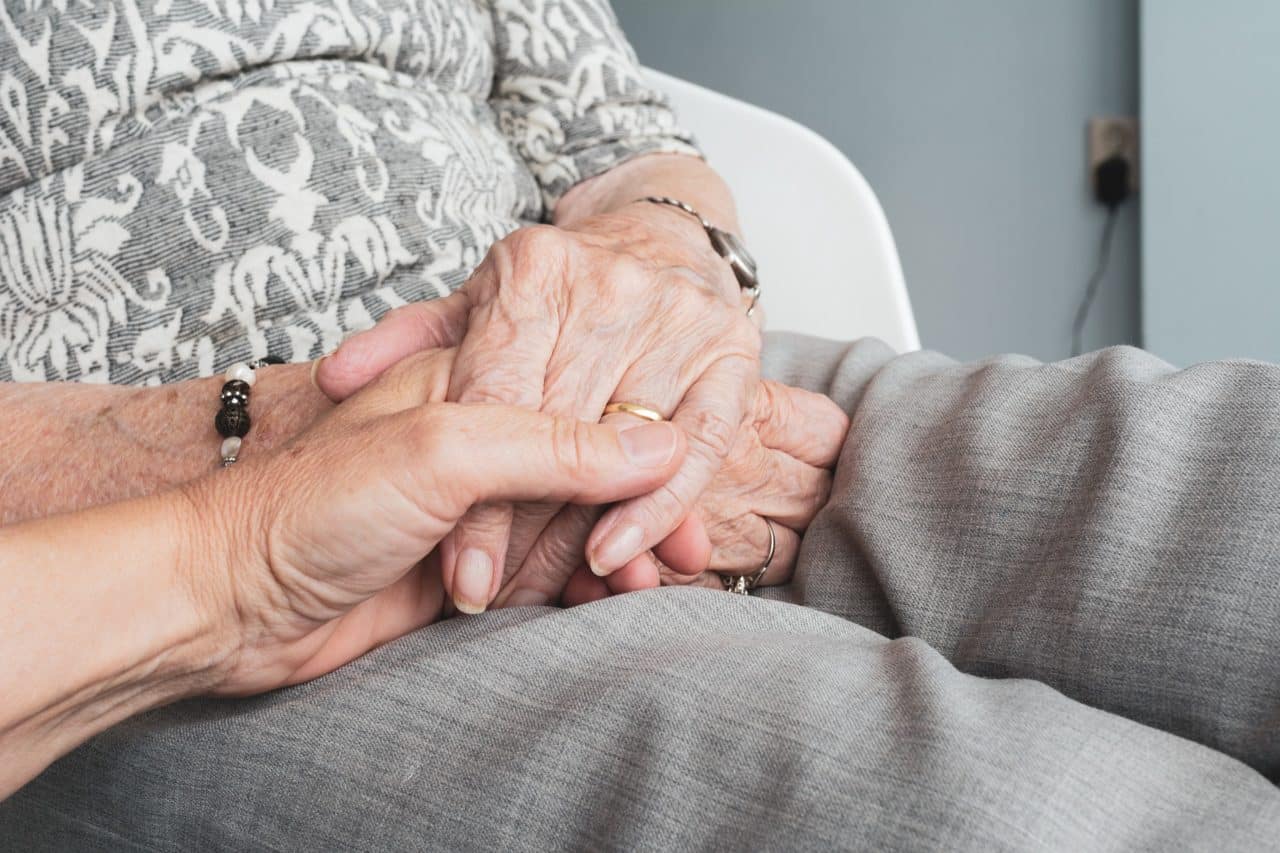Forty percent of nursing home residents fall at least once a year, with one in five of these spills resulting in fractures or hospital stays.
Falling isn’t the only risk for eldercare residents. Those who are non- or partially mobile often suffer pressure ulcers, commonly known as bed sores, from not moving enough in their beds.
The risk of falls and ulcers dramatically increases in nursing homes that are short staffed. With staff stretched thin, their attention is divided across many rooms, many beds and many residents.
TeiaCare, based in Milan, Italy, wants to give caregivers a helping hand and ensure that nursing home residents get the attention they need, when they need it. The company offers the first digital assistant for long-term care that uses intelligent video analytics to make sure carers are alerted when their help is needed the most.
An aging population brings increasing demand for resources such as access to nursing homes. And the population of our planet is aging dramatically. In 2017, the UN estimates there were nearly a billion people aged 60 or over — about 13 percent of the global population, a proportion that is expected to soar.
However, the number of needed caregivers isn’t keeping up. By 2020, when nearly 20 percent of Europe’s population will be over 65, an estimated 800,000 more caregivers will be needed.
Putting Patient Care First
To reduce the risk of falls and bed sores, TeiaCare’s digital assistant, which consists of an optical sensor connected to a processor, is mounted onto ceilings. The processor uses a series of computer vision and deep learning algorithms, accelerated by NVIDIA GPUs, to analyze the visual data captured.
None of the video data is saved or stored. Instead, the system identifies specific movements and resting positions in real time.
The system then sends alerts directly to carers when attention needs to be given to a patient — perhaps they have fallen out of bed or have spent too long on one side and are at risk of developing an ulcer.
Each bed is tagged according to the patient’s individual requirements.
As well as real-time alerts, the system generates customized reports, giving staff an insight into patient movements, how long they’re spending in and out of bed, and allowing them to identify any areas for improving patient care.
Caregivers also see improvements to their working conditions — they know that they’ll be alerted if something happens to a resident and can take appropriate action. This means less stress for them and improved working efficiency.
For the facility owners, introducing the digital assistant means fewer liabilities, better quality of service and improved efficiency metrics.
And families enjoy better peace of mind by knowing that any falls will be immediately identified and their relatives will get the help they need.
Improving Patient Care Further
TeiaCare is now expanding its assistant to monitor other behavioral and physiological traits.
Activity tracking will help improve the care of residents with dementia or Alzheimer’s disease as they tend to suffer from wandering. By monitoring patient movements, staff can ensure that their safety is not put at risk.
The company is also developing algorithms to monitor patients’ heart and breathing rates, using the same optical sensor-based system. This non-invasive way of monitoring resident vital signs could help ensure their comfort, prevent health deterioration and give families peace of mind.
TeiaCare is a member of the NVIDIA Inception virtual accelerator, which provides marketing and technology support to AI startups.
Image credit: sabinevanerp
